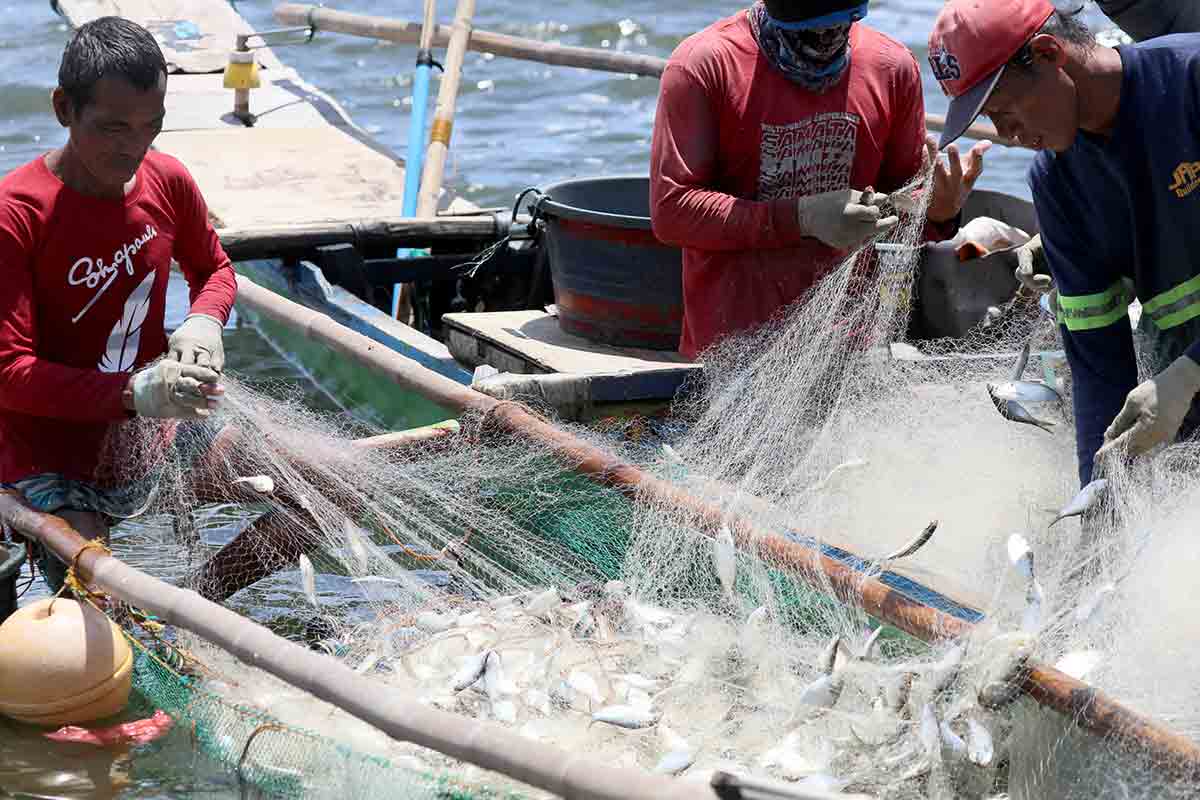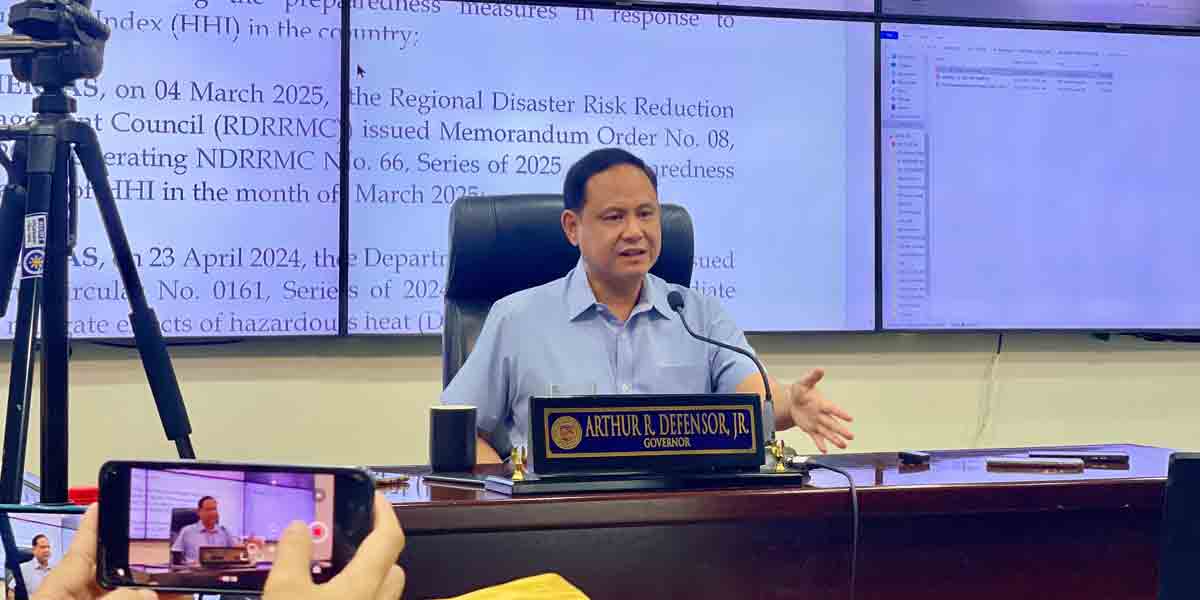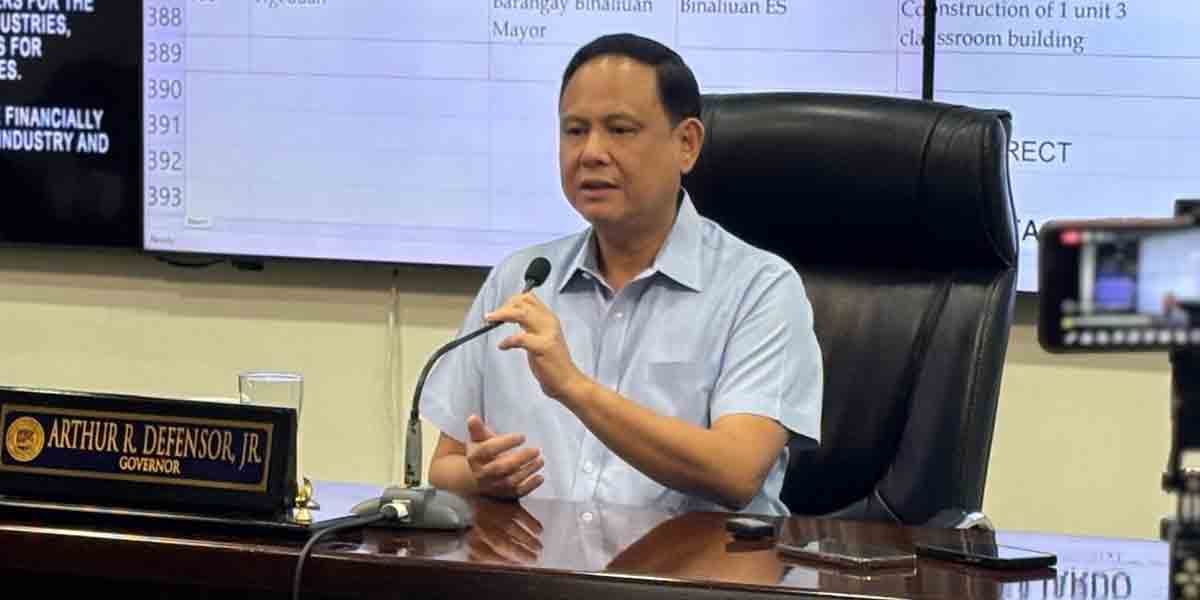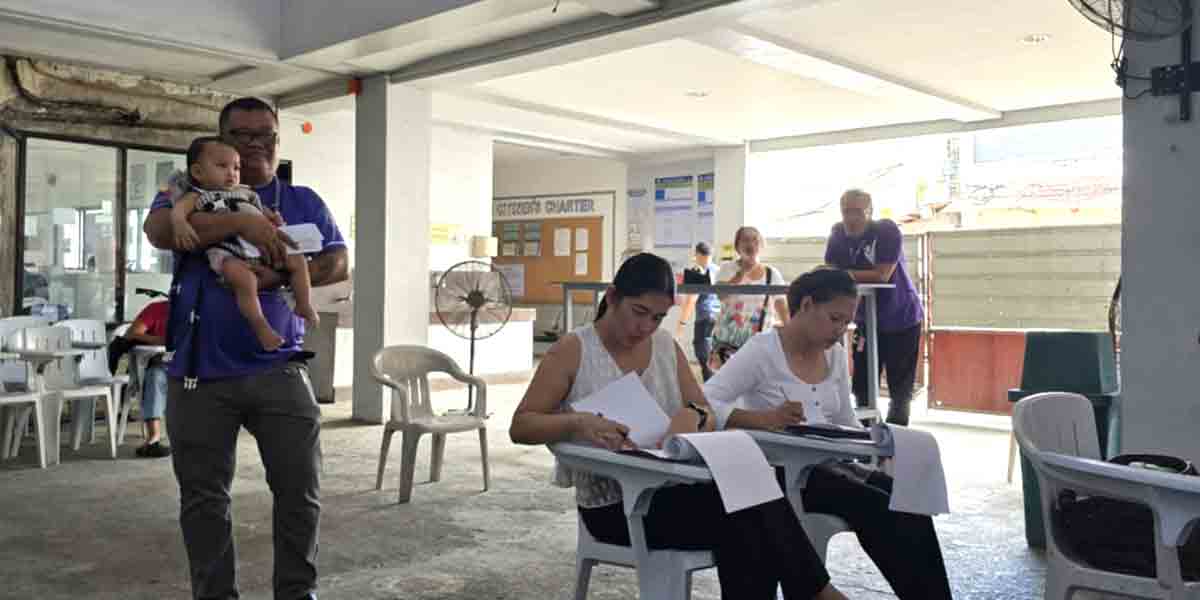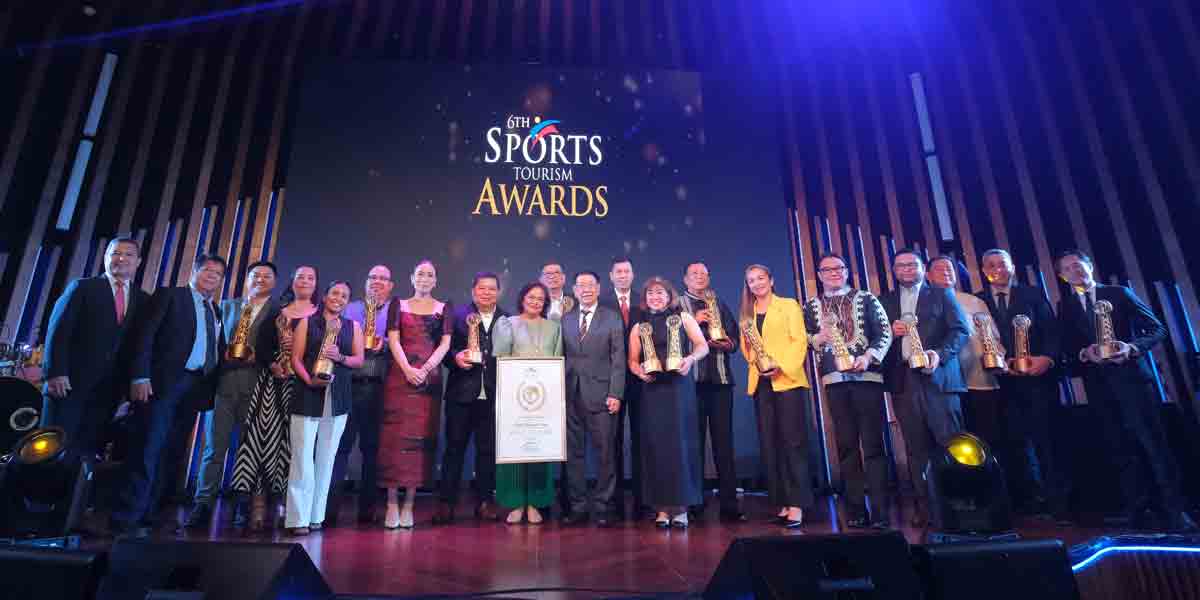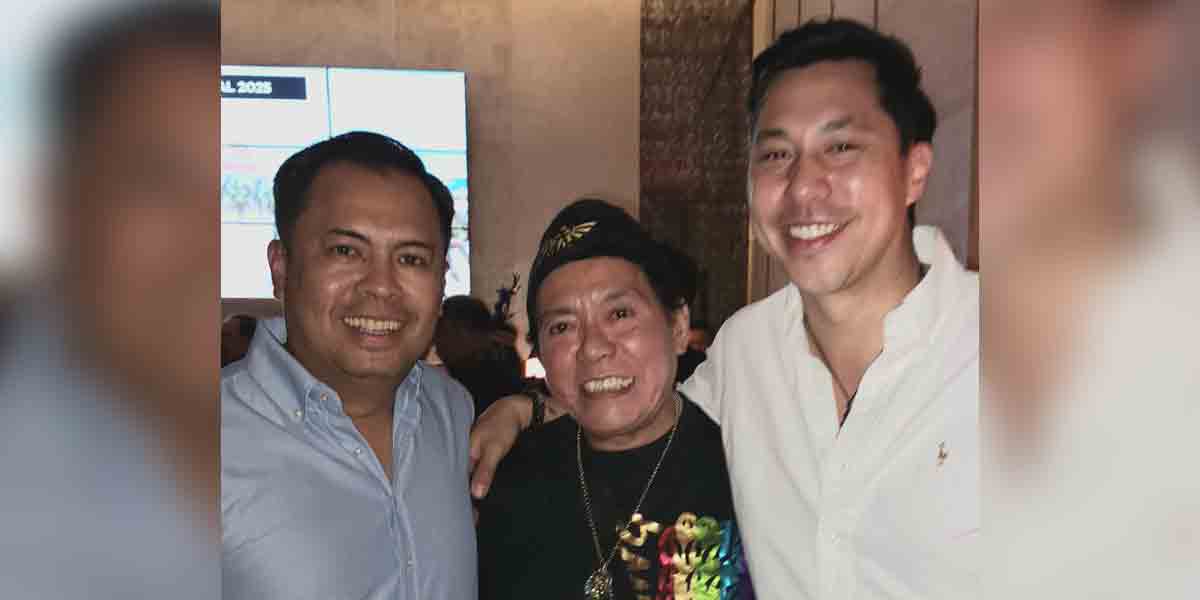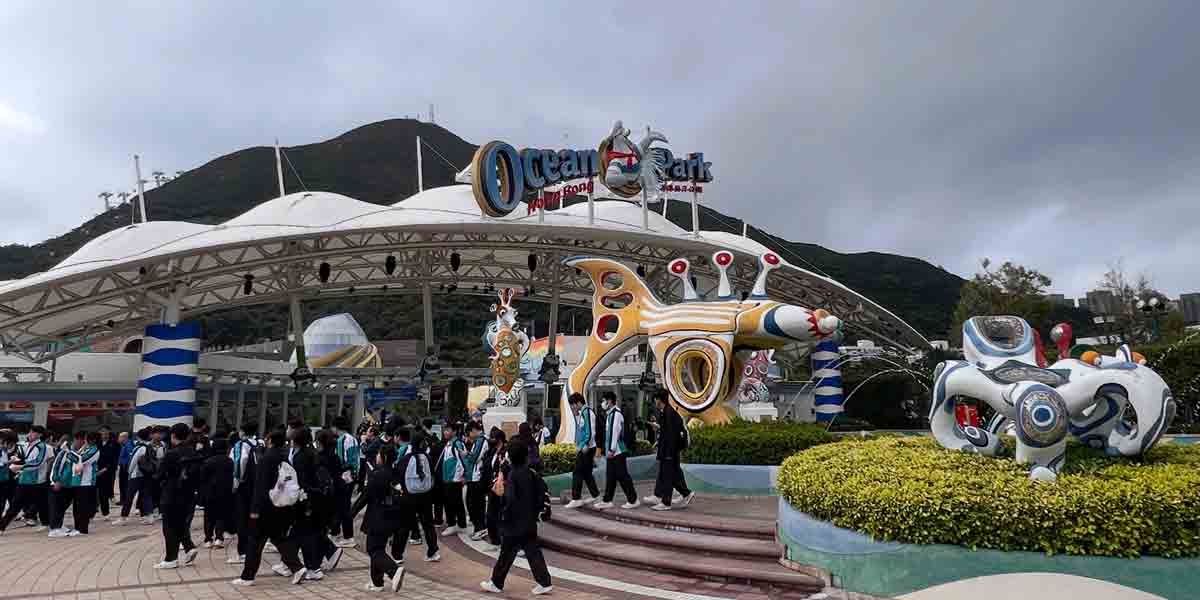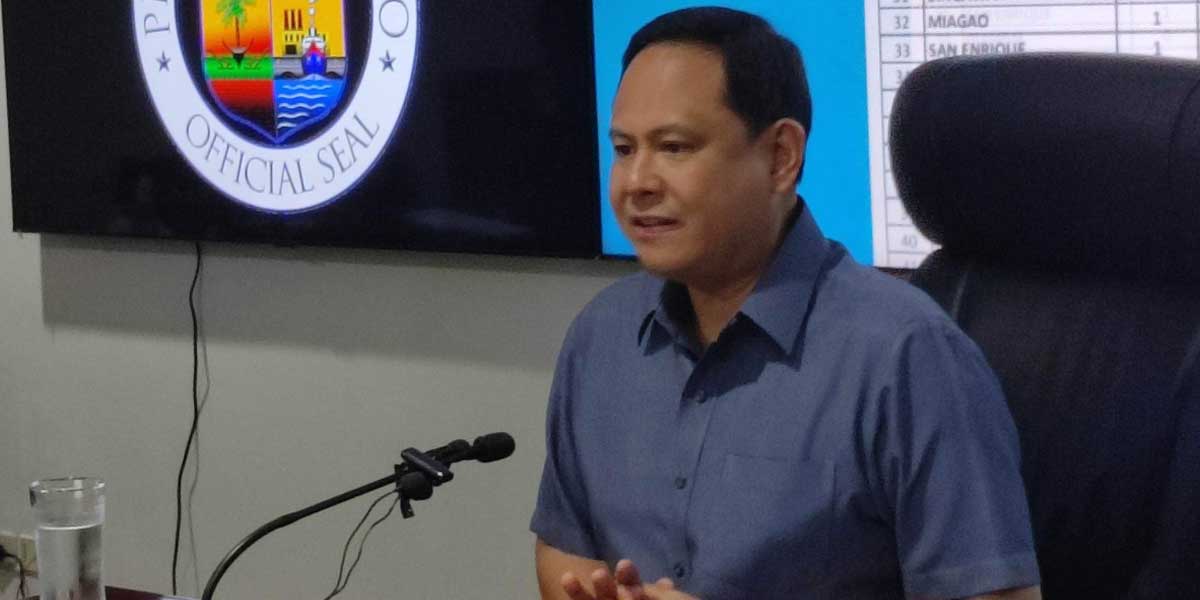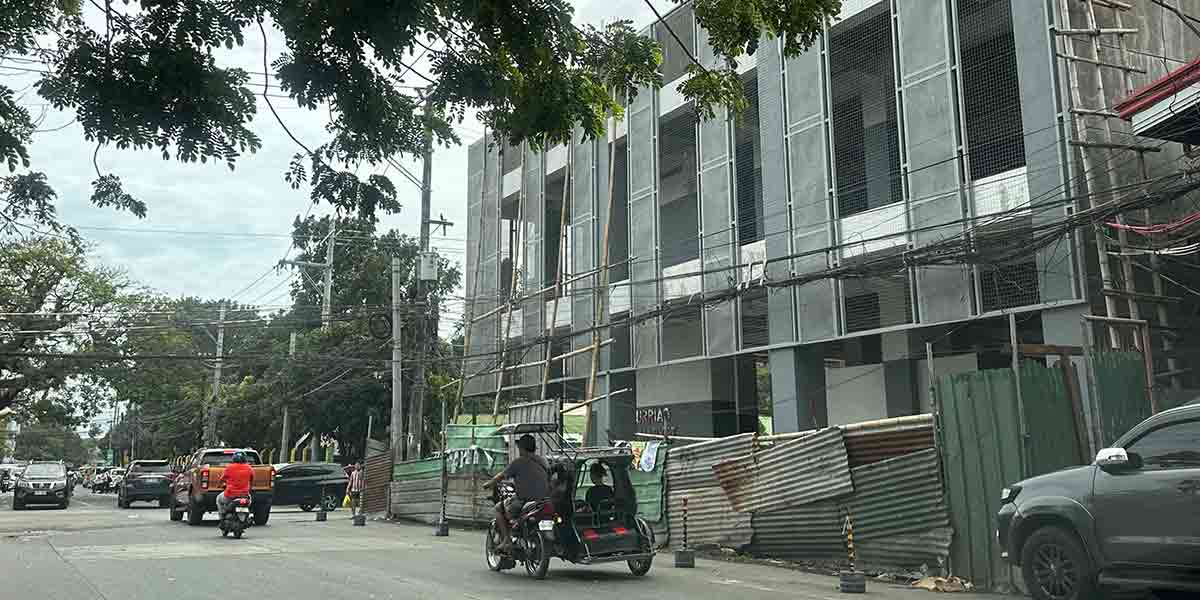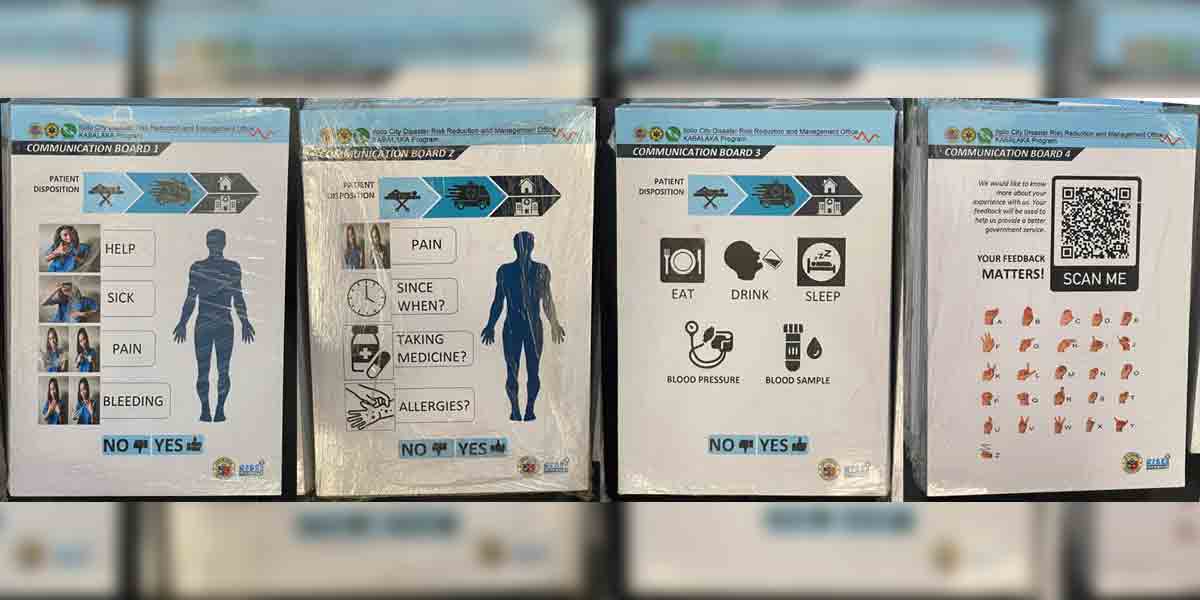By Dolly Yasa
BACOLOD CITY — A recent directive issued by President Ferdinand R. Marcos, Jr., threatens to inundate the country with excessive volumes of food imports.
On Tuesday, the Sugar Council responded to Administrative Order No. 20 (AO #20), issued on April 18, which directs government agencies to remove non-tariff barriers to facilitate the importation of agricultural products.
The Department of Trade and Industry and the Department of Agriculture, particularly its attached entities, the National Food Authority and the Sugar Regulatory Administration (SRA), are among those impacted.
While acknowledging the necessity to reduce red tape and enhance importation procedures to stabilize prices of basic necessities, the Sugar Council cautioned that, without “appropriate safety nets and effective competitiveness enhancement measures,” AO #20 could not “ensure food security, maintain a sufficient supply of agricultural products in the domestic market, and improve local production.”
The Sugar Council, representing three sugar farmers’ federations that collectively account for 67% of the country’s sugar production, has expressed significant concerns.
In a position paper addressed to President Marcos, the council argued that removing non-tariff barriers could lead to import liberalization and potentially devastate local agricultural production during a global food supply shortage.
The removal of existing SRA importation rules and regulations might result in a loss of regulatory authority and revenues for the SRA, weakening its capacity to support sugarcane farmers.
The Sugar Council fears that AO #20 might undermine the SRA’s ability to fulfill its mandate under Executive Order No. 18, Series of 1986, which aims to “establish and maintain such balanced relations between production and requirement of sugar and such marketing conditions as will ensure stabilized prices at a level reasonably profitable to producers and fair to consumers.”
Consequently, the Sugar Council has urged the government to implement an Administrative Order that provides the necessary safety nets to enhance the competitiveness of the sugar industry and Philippine agriculture overall.
The council also reiterated its call for a Sugar Importation Program “anchored on principles of transparency, inclusiveness, and timely and accurate data analysis to be properly calibrated in terms of volume and timing.”

